-
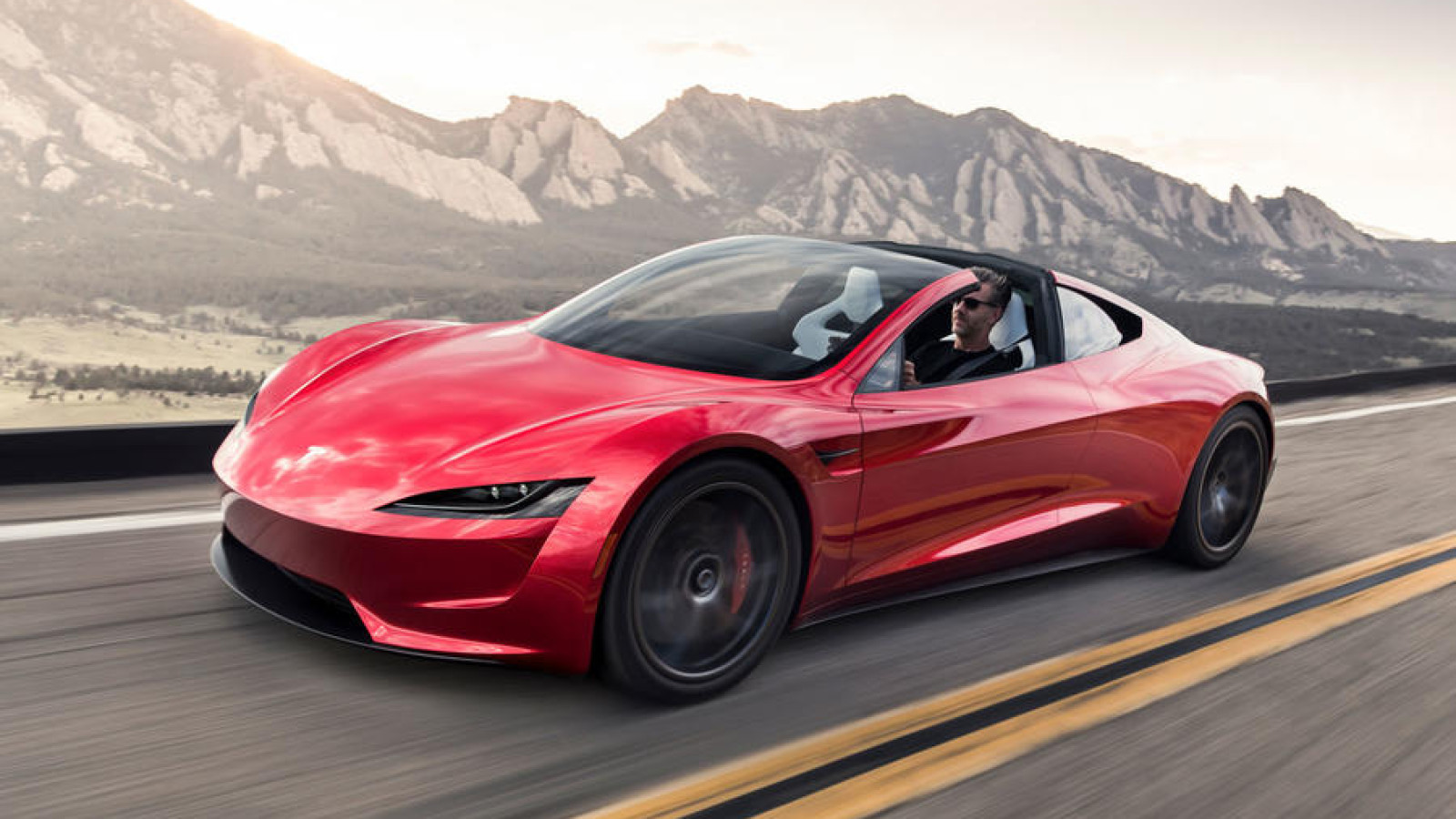 © Tesla
© Tesla -
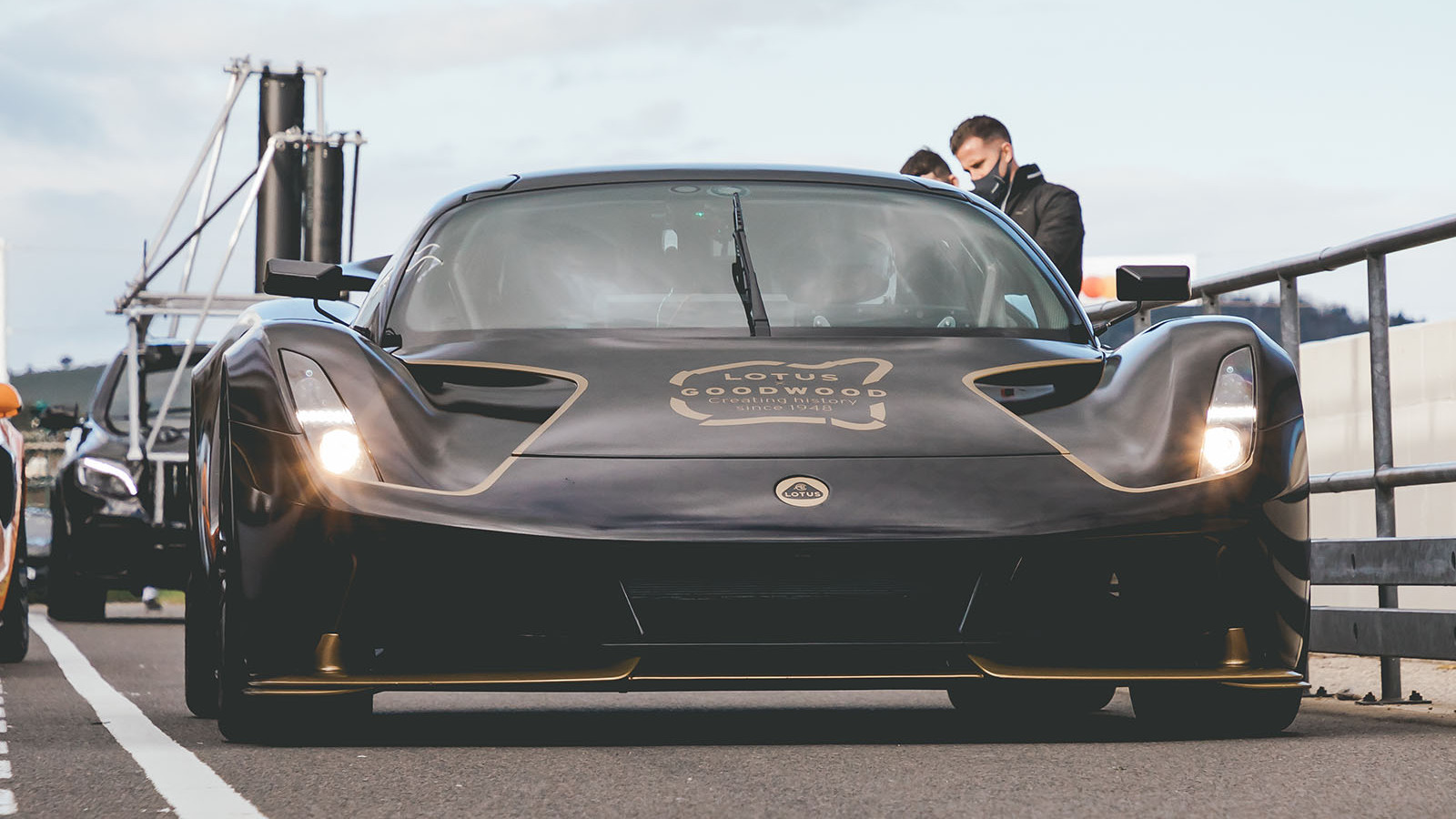 © Haymarket Media
© Haymarket Media -
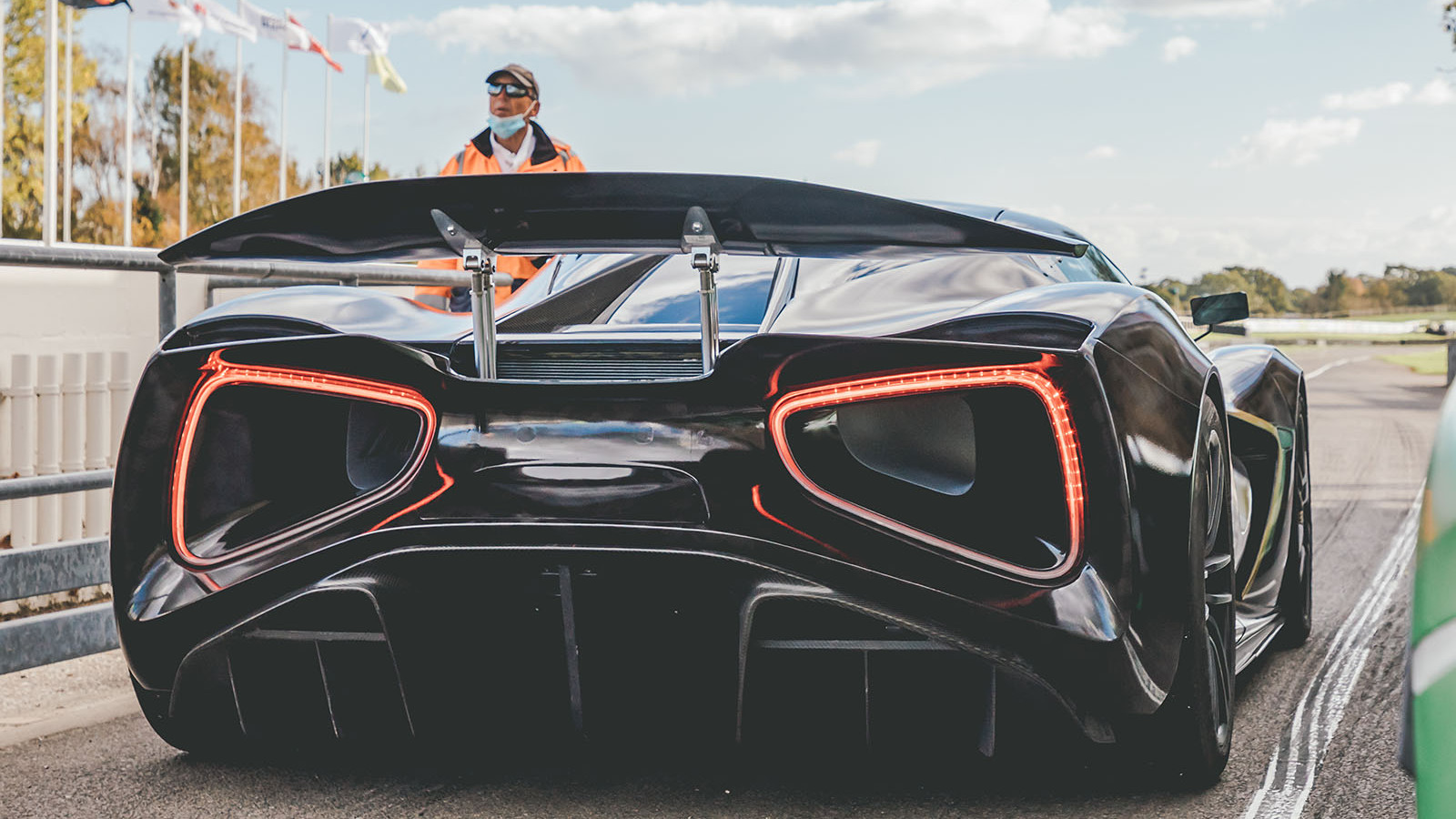 © Haymarket Media
© Haymarket Media -
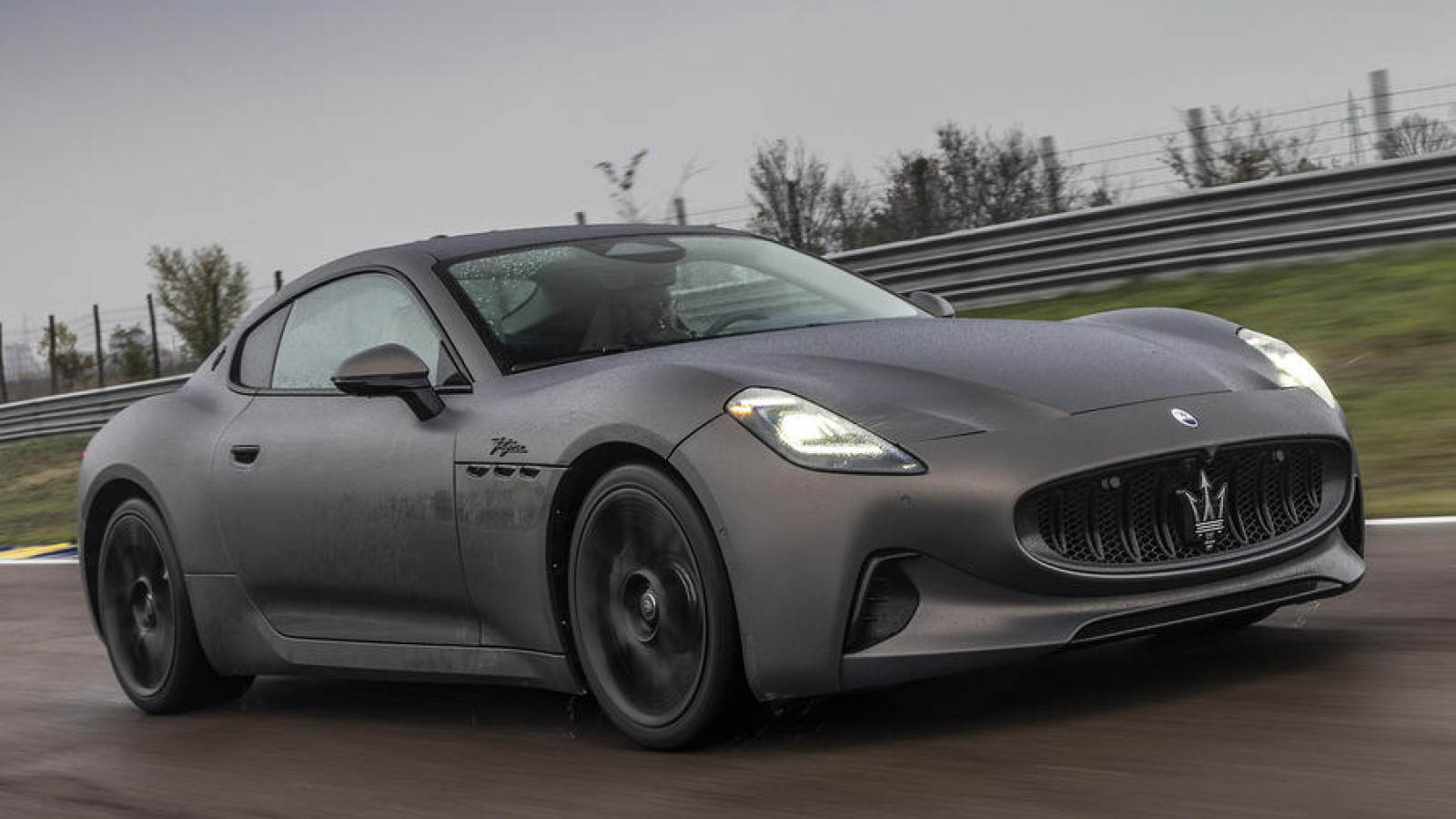 © Maserati
© Maserati -
 © Maserati
© Maserati -
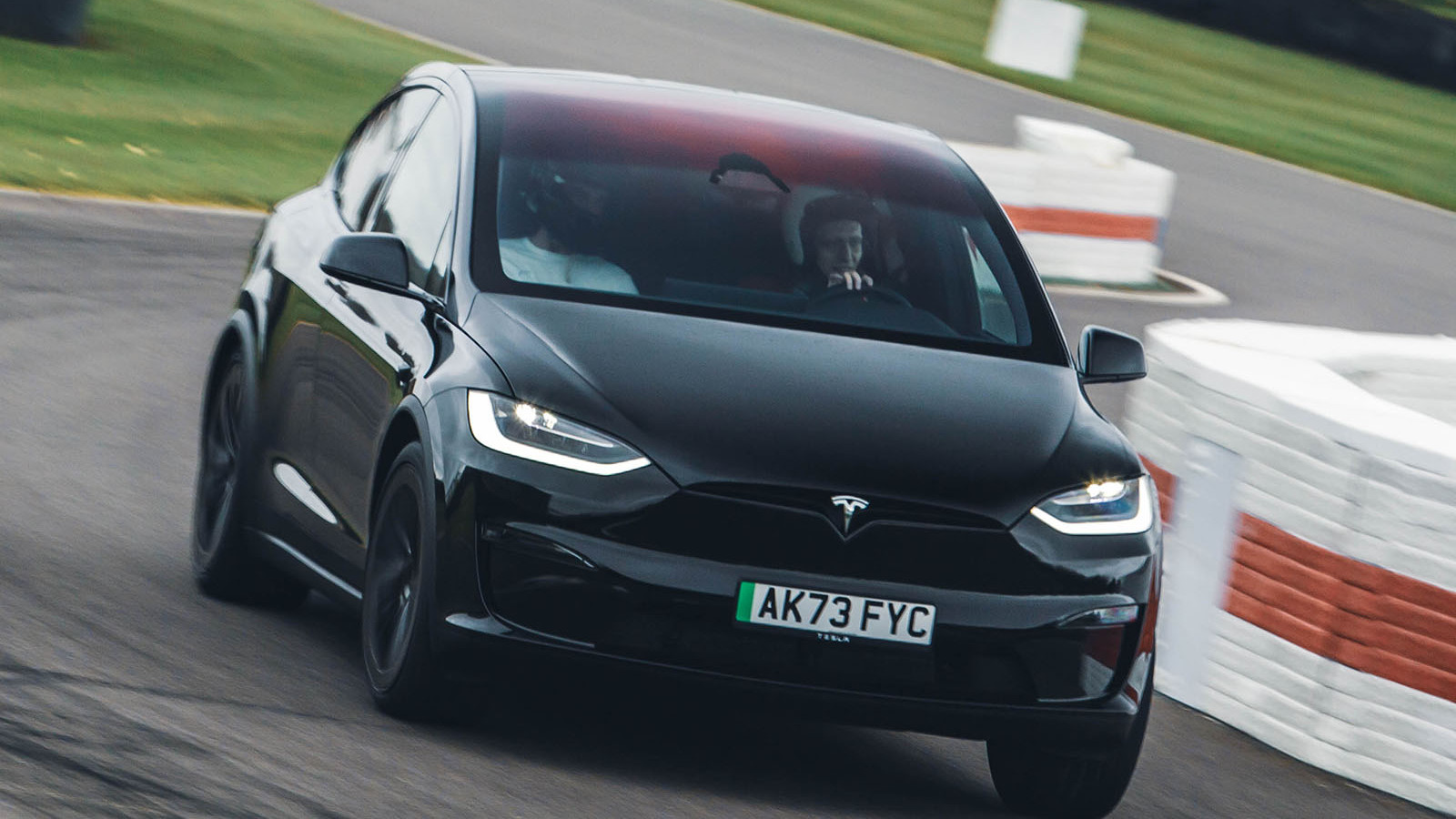 © Haymarket Media
© Haymarket Media -
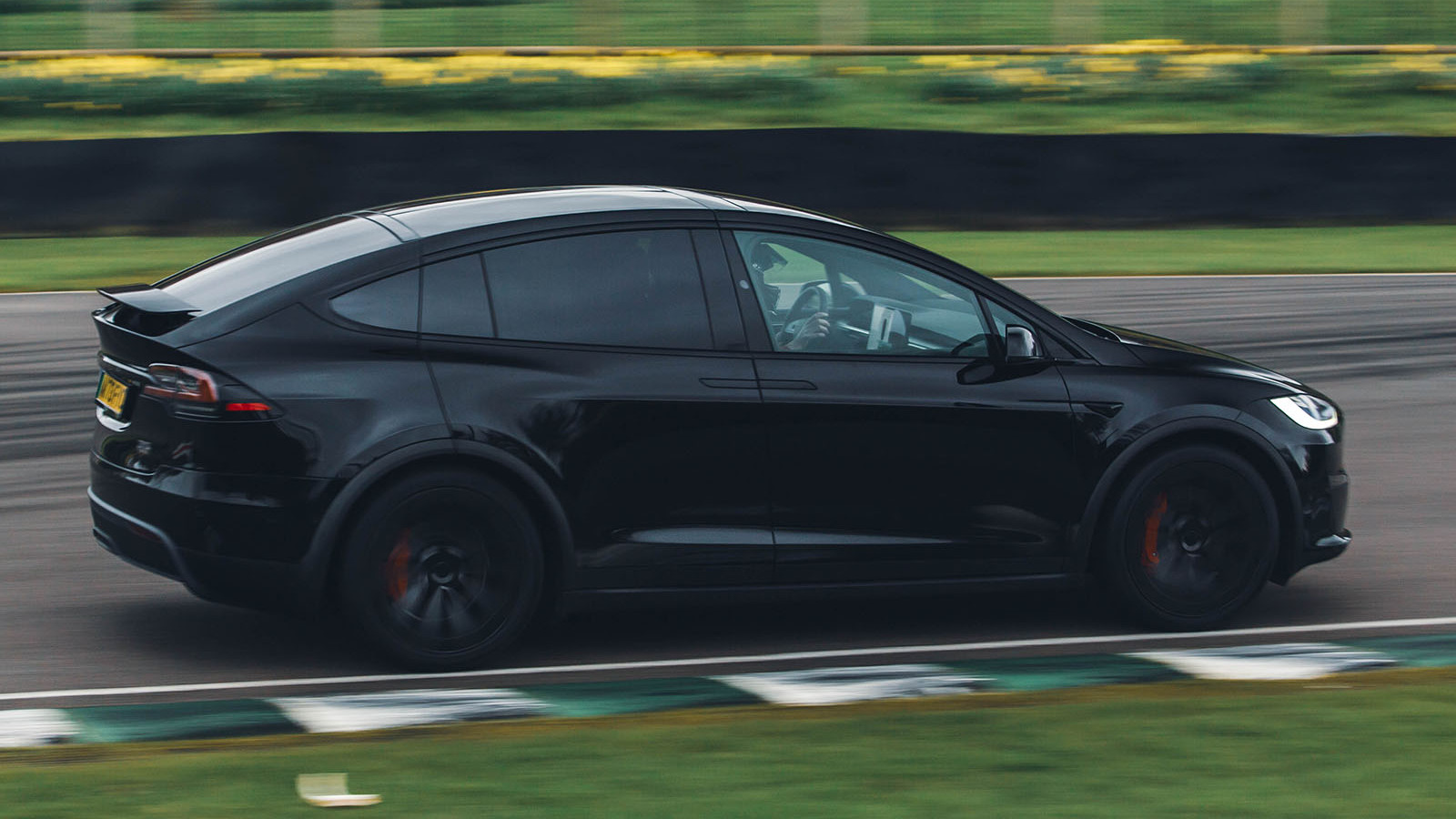 © Haymarket Media
© Haymarket Media -
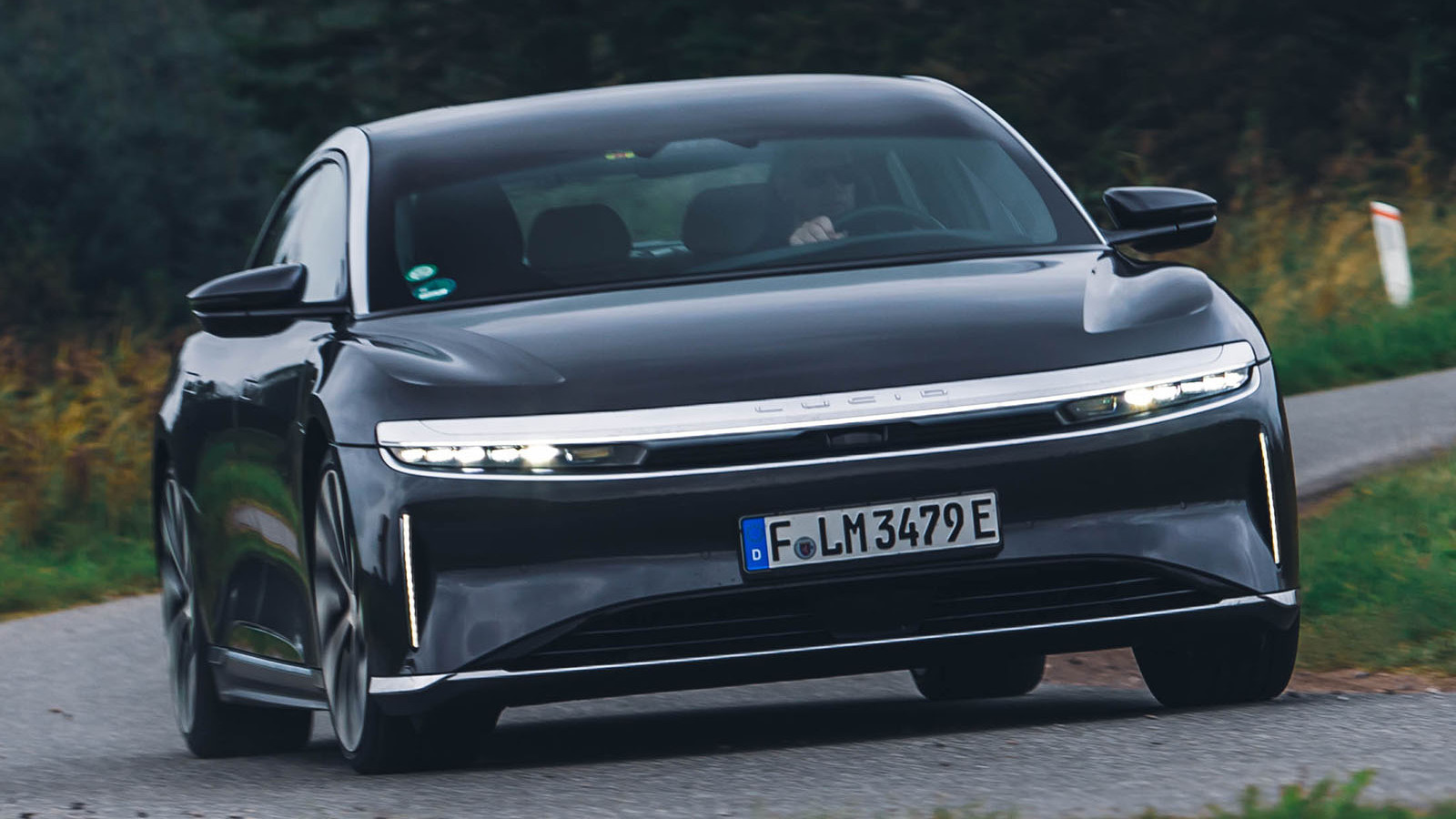 © Haymarket Media
© Haymarket Media -
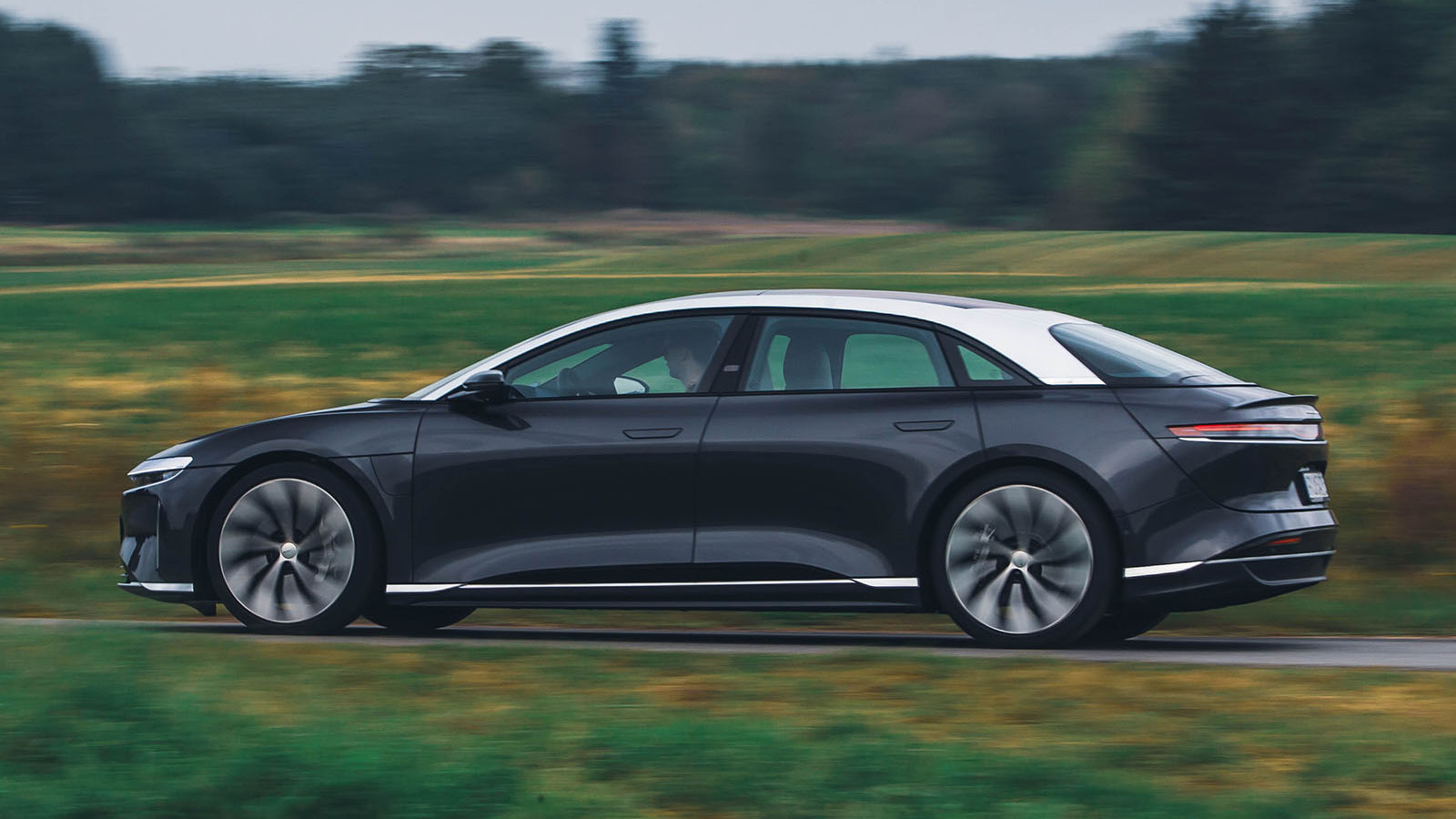 © Haymarket Media
© Haymarket Media -
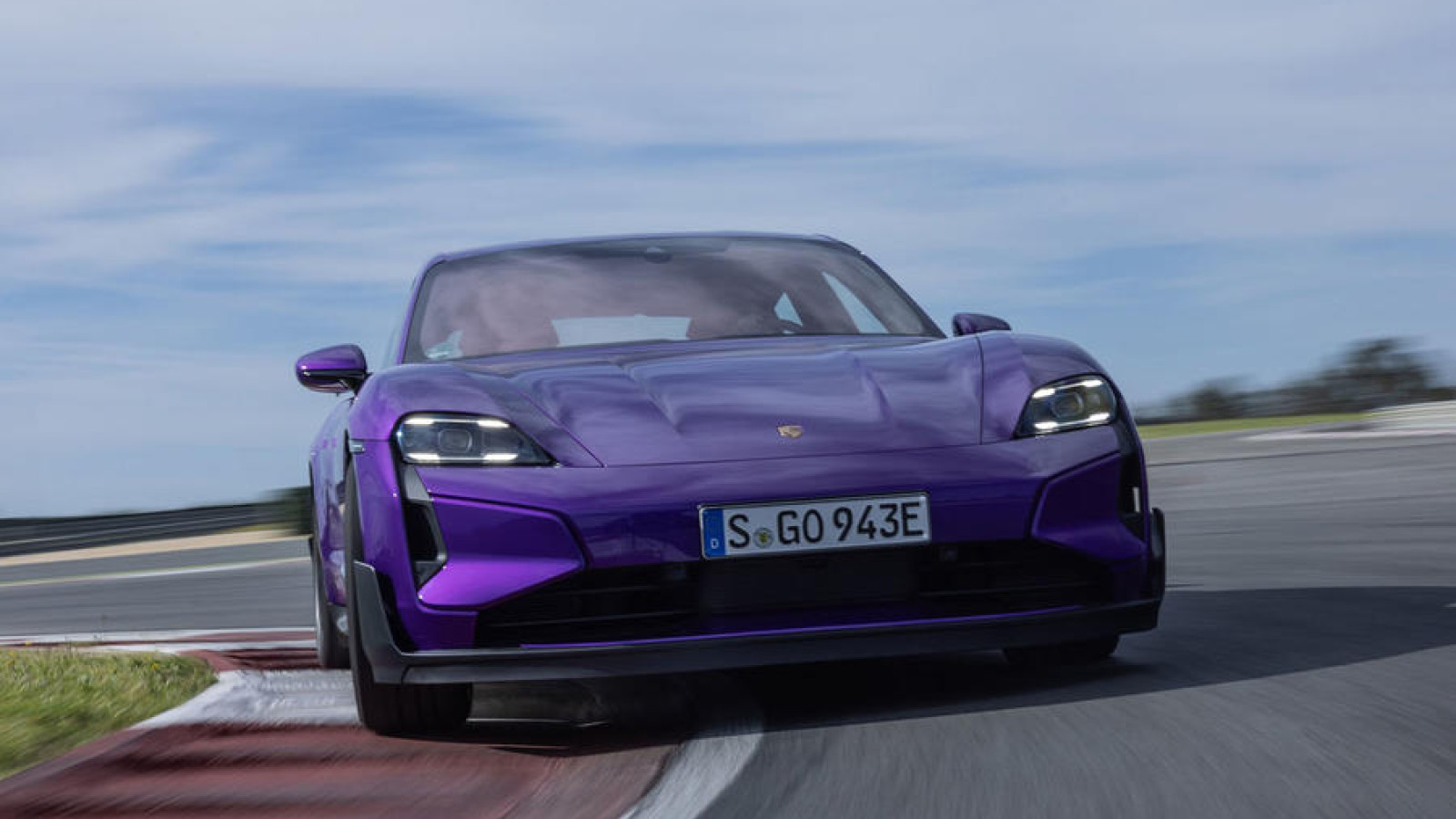 © Porsche
© Porsche -
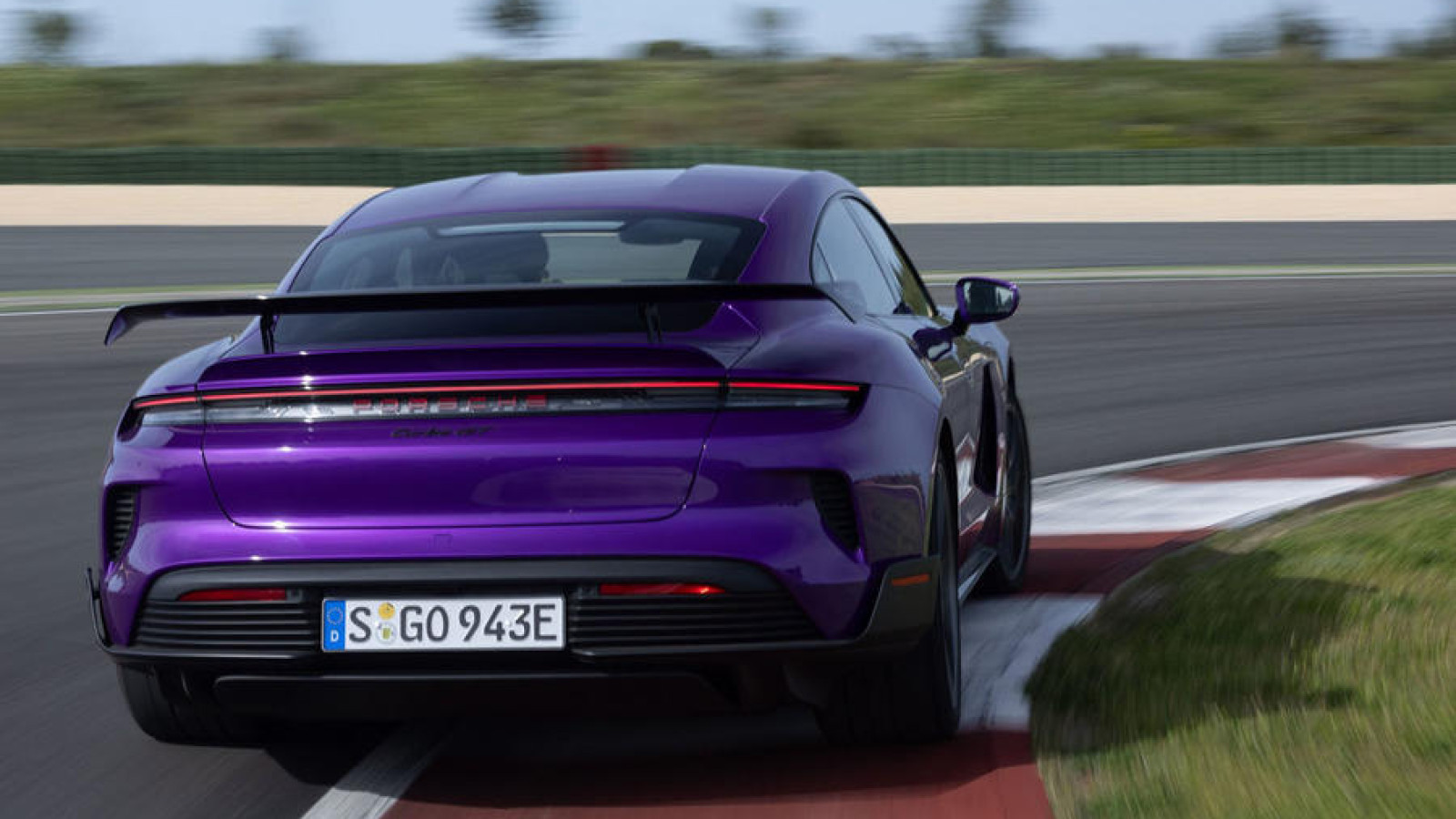 © Porsche
© Porsche -
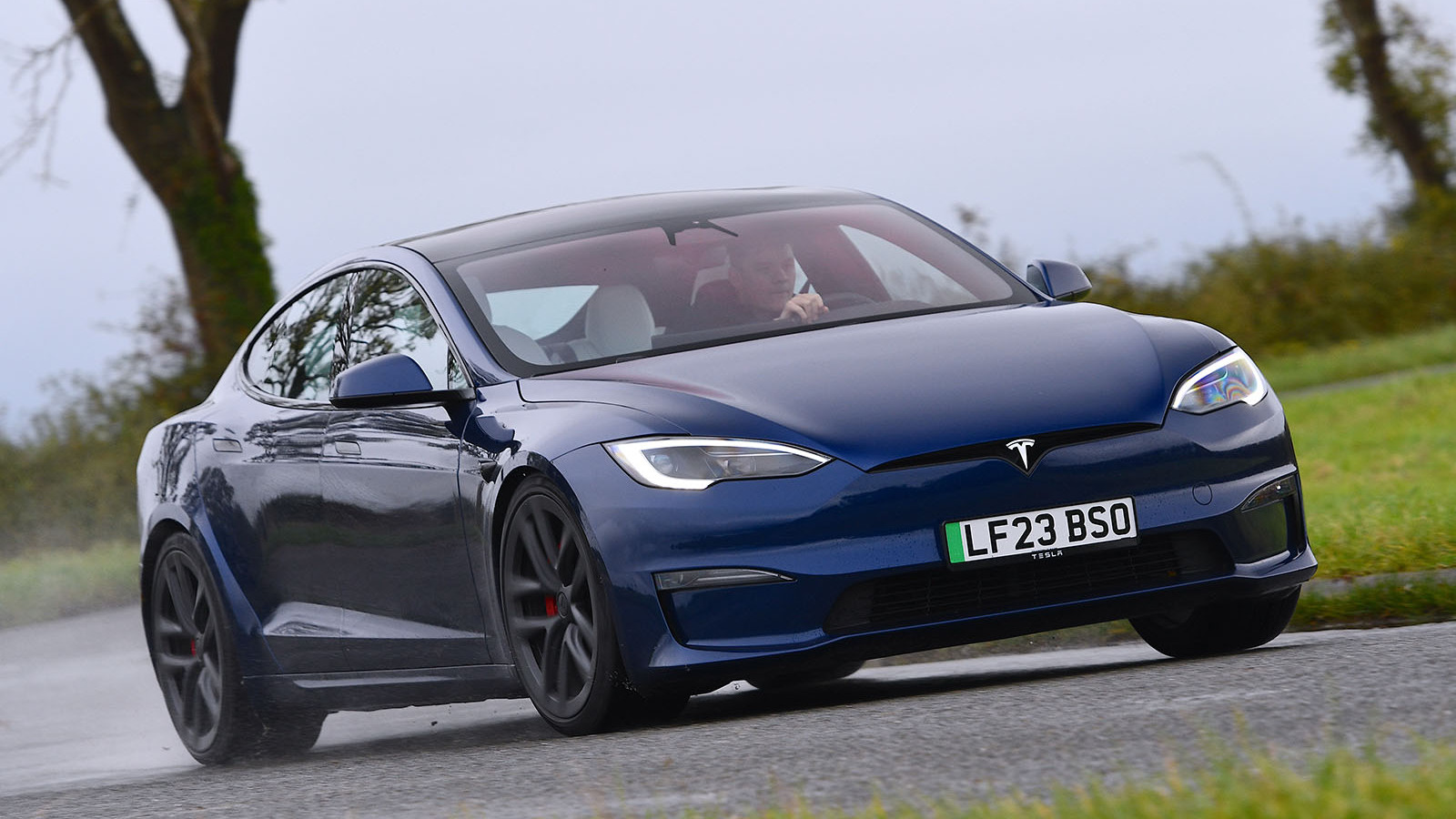 © Haymarket Media
© Haymarket Media -
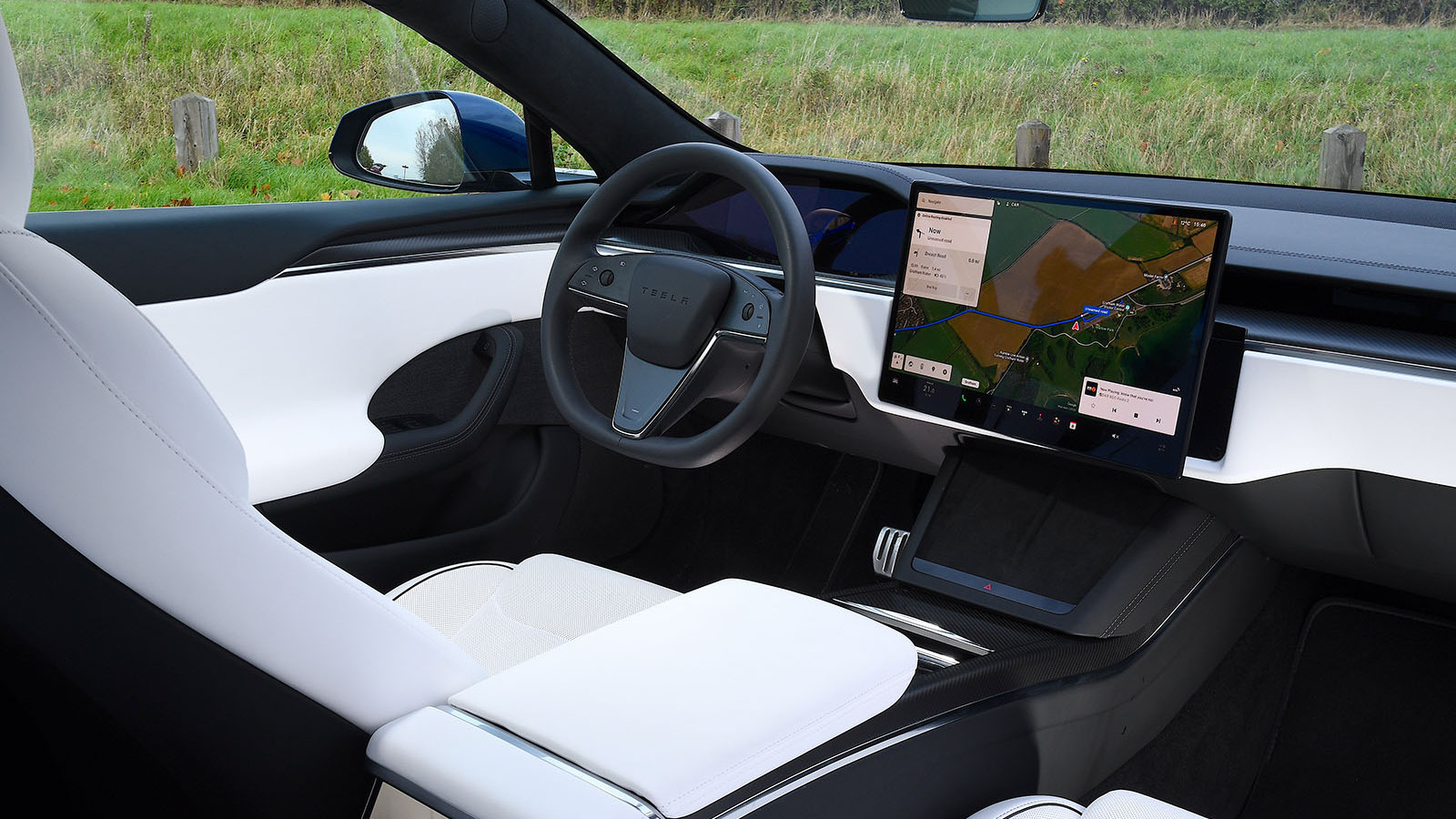 © Haymarket Media
© Haymarket Media -
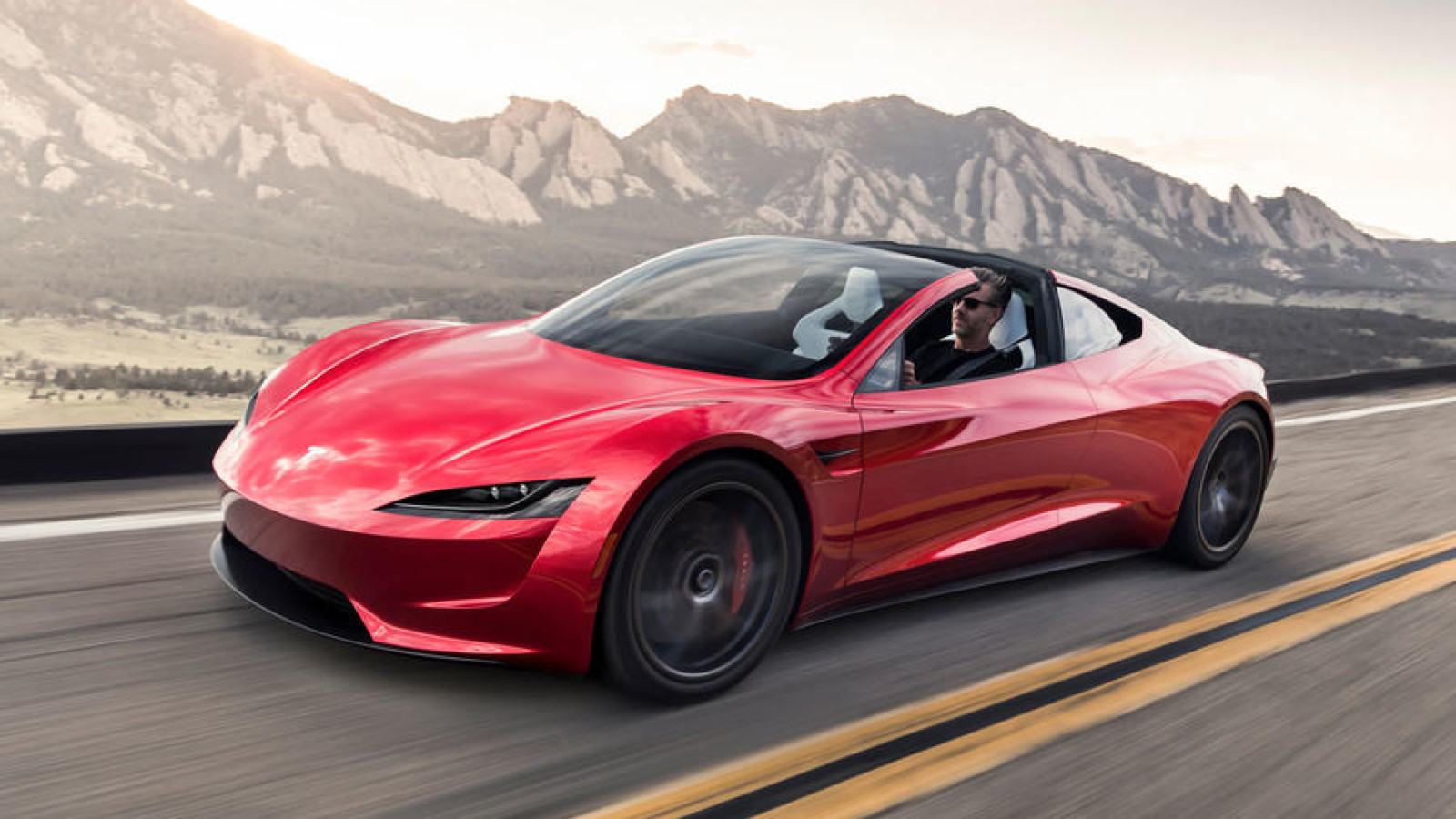 © Haymarket Media
© Haymarket Media -
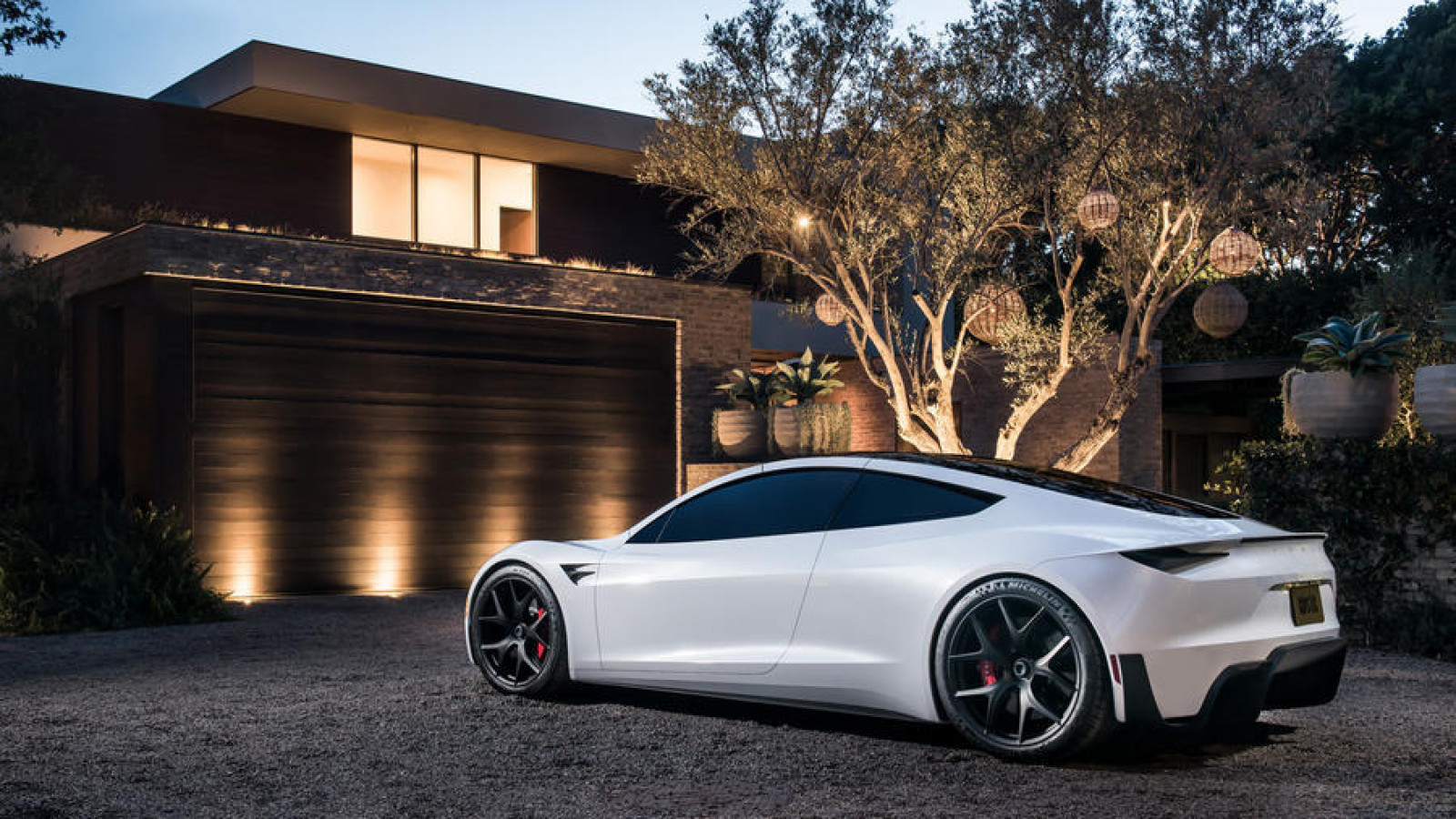 © Haymarket Media
© Haymarket Media -
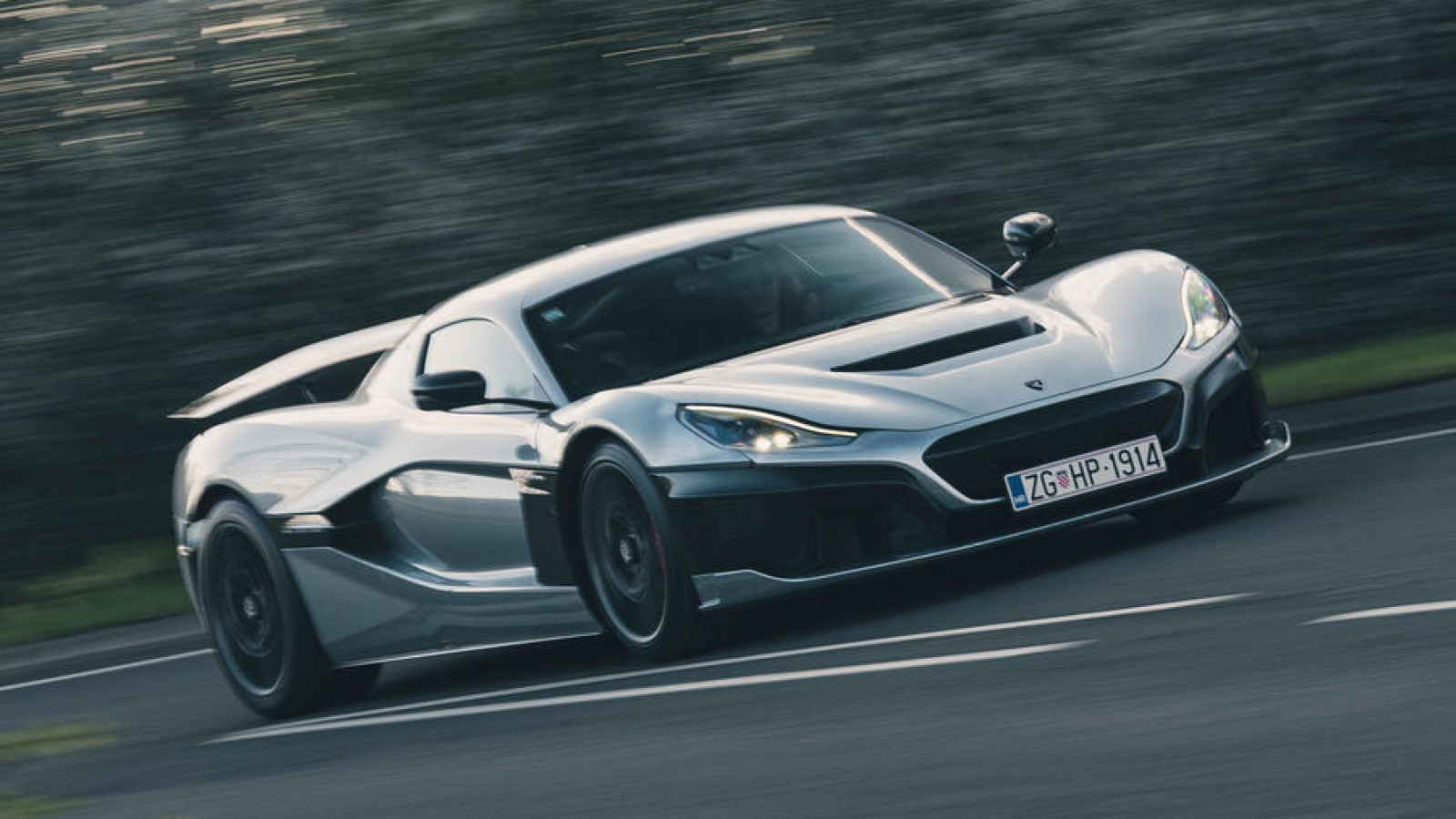 © Haymarket Media
© Haymarket Media -
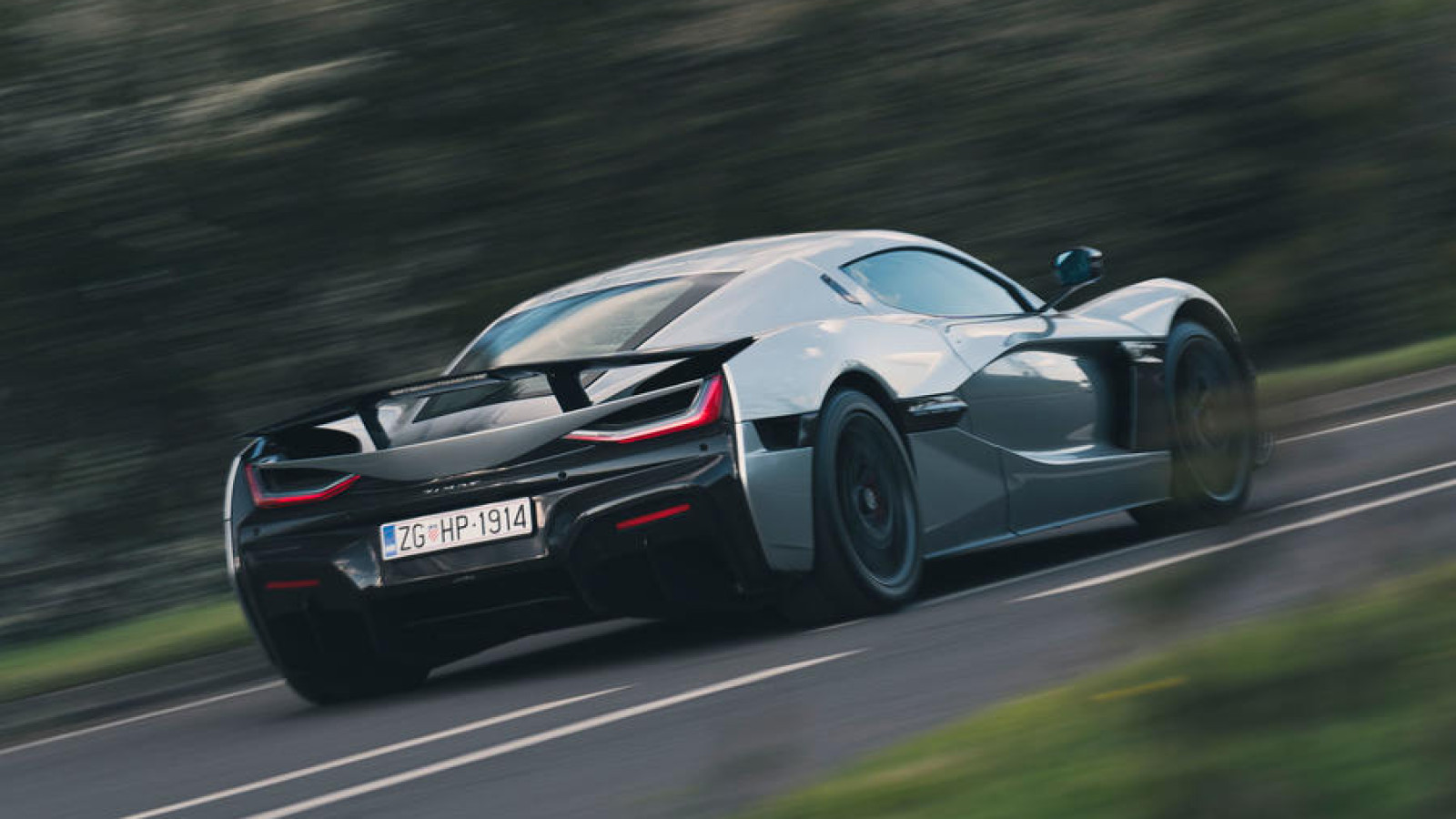 © Haymarket Media
© Haymarket Media -
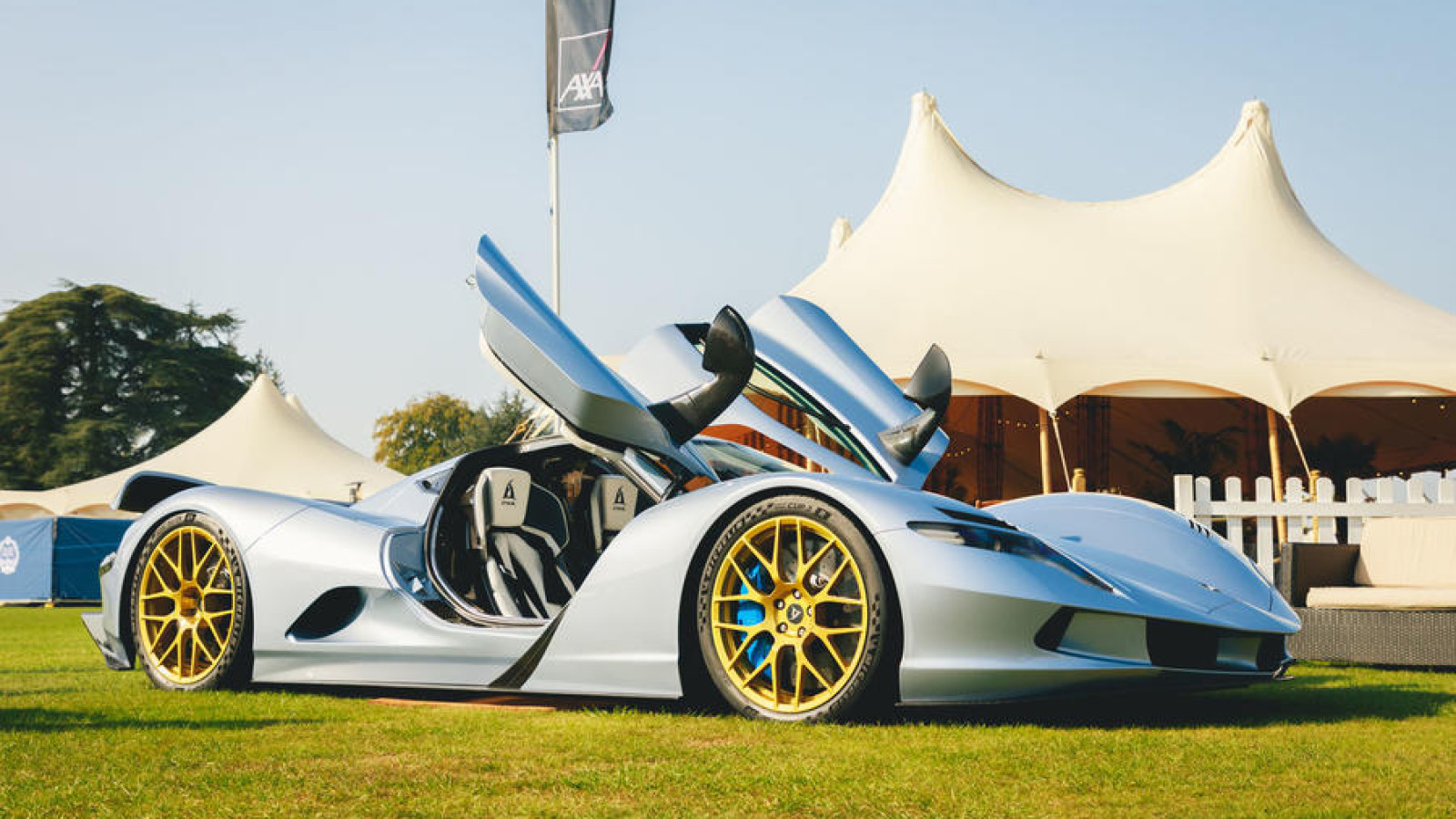 © Haymarket Media
© Haymarket Media -
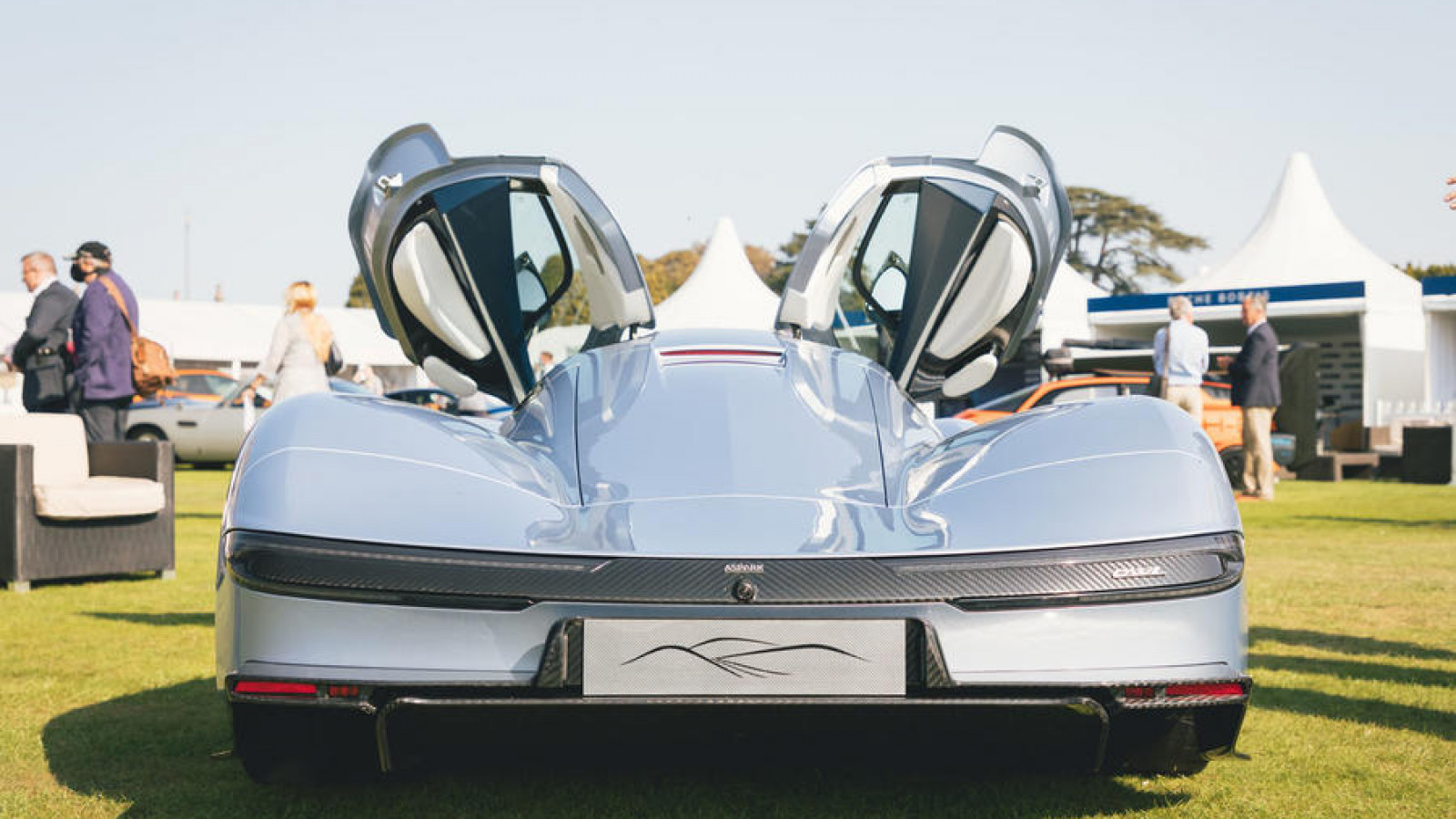 © Haymarket Media
© Haymarket Media -
 © Haymarket Media
© Haymarket Media -
 © Haymarket Media
© Haymarket Media
-
What’s more, the fast-paced nature of EV technology has allowed manufacturers to engineer impressive performance gains in a short space of time.
Without further ado, then, here is our list of the fastest accelerating EVs that you can (theoretically) buy. To get into this list, a contender needs to be able to claim a 0-60 or 0-62mph time of under three seconds.
-
Lotus Evija - 3.0sec to 62mph
Despite the fact that Lotus hasn't announced official performance figures for the Evija, the British brand has said that the Evija should be capable of accelerating from 0-62mph in "less than three seconds" and onto a top speed of "over 200mph".
What's more, the headline acceleration figures are produced by a car that will apparently stay true to Lotus' lightweight roots and deliver on its reputation for engaging handling.
-
Lotus says it has a target weight of 1700kg, which seems like a lot in isolation, but it undercuts many similar electrically-powered supercars.
It also sports a suite of carefully developed driver modes and four-wheel torque-vectoring to keep its mighty 2011bhp in check.
-
Maserati GranTurismo Folgore - 2.7sec to 62mph
Engineered alongside the combustion GranTurismo, the all-electric Folgore is the first electric sports car from the Italian firm, and it's packed with cutting edge kit designed to boost its performance.
It uses three electric motors (two at the rear and one at the front) for a combined 751bhp. This power, combined with the weight-saving aluminium construction, helps the Maserati accelerate from 0-62mph in 2.7 seconds.
-
The Folgore also has an 800V architecture that allows rapid DC charging of the battery from 20 to 80% in just 18 minutes.
Better still, it’s huge fun to drive, with its rapid acceleration joined by agile and engaging torque-vectored handling.
-
Tesla Model X Plaid - 2.5sec to 62mph
The Model X Plaid is a high-riding, seven-seat SUV that can smash from 0-62mph in the same time as a Bugatti Veyron.
That, of course, makes it faster than pretty much any combustion car and at least as fast as most electric cars, which means it comfortably deserves a place on this list.
-
Key to the gull-winged SUVs eye-watering pace is the 1006bhp tri-motor powertrain it shares with the Model S Plaid, which allows this four-wheel drive seven-seater to sail from standstill to 62mph in just 2.5 seconds.
But outright speed isn't even this car's greatest asset, because it manages to mix spaciousness, refinement, and an impressive and slick infotainment with forward-looking tech, and a decent all-electric range.
-
Lucid Air - 2.5sec to 62mph
When it was first shown to the public, this California-developed EV features jaw-dropping concept car looks and equally jaw-dropping performance to make it one of the most hotly anticipated electric cars of the year.
In flagship Dream Edition guise this luxurious, leather-lined four-door promises up to 1065bhp from two electric motors, as well as a top speed of 235mph and claims of 520 miles between recharges.
-
But that's not even the most impressive bit, because in spite of its two-tonne kerb weight, it can sprint from 0-62mph in just 2.5 seconds.
And because it’s claimed the Air can handle rapid charging of up to 300kW, it will top itself up quickly, too. You can add 300 miles of range in 20 minutes.
-
Porsche Taycan Turbo GT - 2.3sec to 62mph
The Taycan Turbo GT features a wide range of upgrades to its chassis and powertrain in order for it to achieve the title of Porsche's most powerful road car yet.
Thanks to a brand new silicon-carbide inverter mounted on the rear axle, the Taycan Turbo GT is capable of putting out up to 1093bhp and 988lb ft – 73bhp more than the Tesla Model S Plaid.
-
The Turbo GT is the fastest-accelerating Porsche to have hit public roads, dispatching 62mph in just 2.2sec with the Weissach package and 2.3sec without it.
Such a turn of speed is helped by Porsche's fearsome obsession with making the Turbo GT as light as possible. Carbonfibre has been used on the B-pillars, door mirror caps and bucket seats. It also has lghtweight 21in forged wheels, and the ceramic brakes’ disc chambers and caliper housings have been reworked to remove another 2kg. In total, it weighs 2365kg.
-
Tesla Model S Plaid - 1.99sec to 62mph
When it first launched, the Model S Plaid was said to be the most powerful and quickest-accelerating electric car in the world. Since then, its performance has been usurped by some other players in the acceleration records game, but the simple fact that this is a heavy, four-door saloon makes its performance just as impressive.
The Model S uses a 100kWh battery pack, together with three electric motors to produce around 1100bhp, making it capable of 0-62mph in just 1.99sec and a top speed of 200mph. 100mph, meanwhile, arrives in 4.6sec and 160mph in 10.9sec.
-
Each of its electric motors produces almost as much power as a BMW M3; one makes 421bhp while the other two are rated at 414bhp.
What's more, this car is better than just a one-trick pony. Its bespoke Michelin tyres conjure plenty of grip around bends and its fast steering responds keenly despite the 2167kg kerb weight.
-
Tesla Roadster - 1.9sec to 62mph
The second-generation Roadster goes some way to preserving the appeal of the original car but with added performance and even practicality.
The four-seat supercar is powered by a 200kWh battery linked to three electric motors (one front and two rear) that deliver around well over 1000bhp. Tesla has not yet revealed official power figures, but sources suggest it could be as high as 1475bhp.
-
The 0-60mph sprint is said to take just 1.9sec and the top speed is in excess of 250mph.
Arguably, however, its electric range is the most impressive part; it will travel 620 miles between charges. You do have to pay for that, though, with Tesla asking £189,000 per car.
-
Rimac Nevera - 1.85sec to 62mph
Not that long ago, Rimac was unknown as a car company. But in an impressively short space of time it has gone from bitter obscurity to EV industry leader.
This comes as no surprise when you consider the outrageous engineering prowess and sheer outright performance its cars demonstrate.
-
The 1887bhp Never packs four torque-vectoring motors (one for each wheel) for a 0-62mph time of just 1.85 seconds. 185mph, meanwhile, is dispatched in 11.8 seconds.
Each of its motors are powered by a 120kWh battery that promises 340 miles between charges, a number that’s almost as eye-catching as the £2 million asking price.
-
Aspark Owl - 1.72sec to 62mph
Japanese electric cars are often staid, sensible and solidly-made SUVs that people don't tend to look twice at. But the Aspark arrived to change all of that, because it is without question one of the fastest cars ever made.
It recently set two world records, completing an eighth of a mile at an average speed of 192.03mph (309.02kph) and the quarter mile at an average speed of 198.12mph (318.85kph).
-
Powered by four electric motors with a combined output of 1985bhp, the Owl rattles off the 0-60mph sprint in 1.72sec. Its creators even think there’s the potential to shave a further few tenths from this figure.
Top speed is claimed to be 249mph, while the specially developed 64kWh battery gives a claimed range of 280 miles.
-
McMurtry Spiérling - 1.5sec to 62mph
At £984,000, you would need to have some fairly large monetary reserves to be able to afford the Spiérling, but it still seems a worthy car to include simply because of how astonishing this single-seat racers' performance figures are.
They're so astonishing, in fact, that the car smashed the hillclimb record at the 2022 Goodwood Festival of Speed, beating cars like the Volkswagen ID. R.
-
With a 0-62mph time of just 1.5sec and top speed of 190mph, the Spiérling has 1000bhp and weighs less than one ton.
Power is drawn from a cockpit-wrapping 60kWh battery, which is 15% lighter than the previous car’s – showing that electric performance cars needn't be heavy. It is so lightweight, in fact, that its rear-mounted fan generates 2000kg of downforce - twice its kerb weight.
